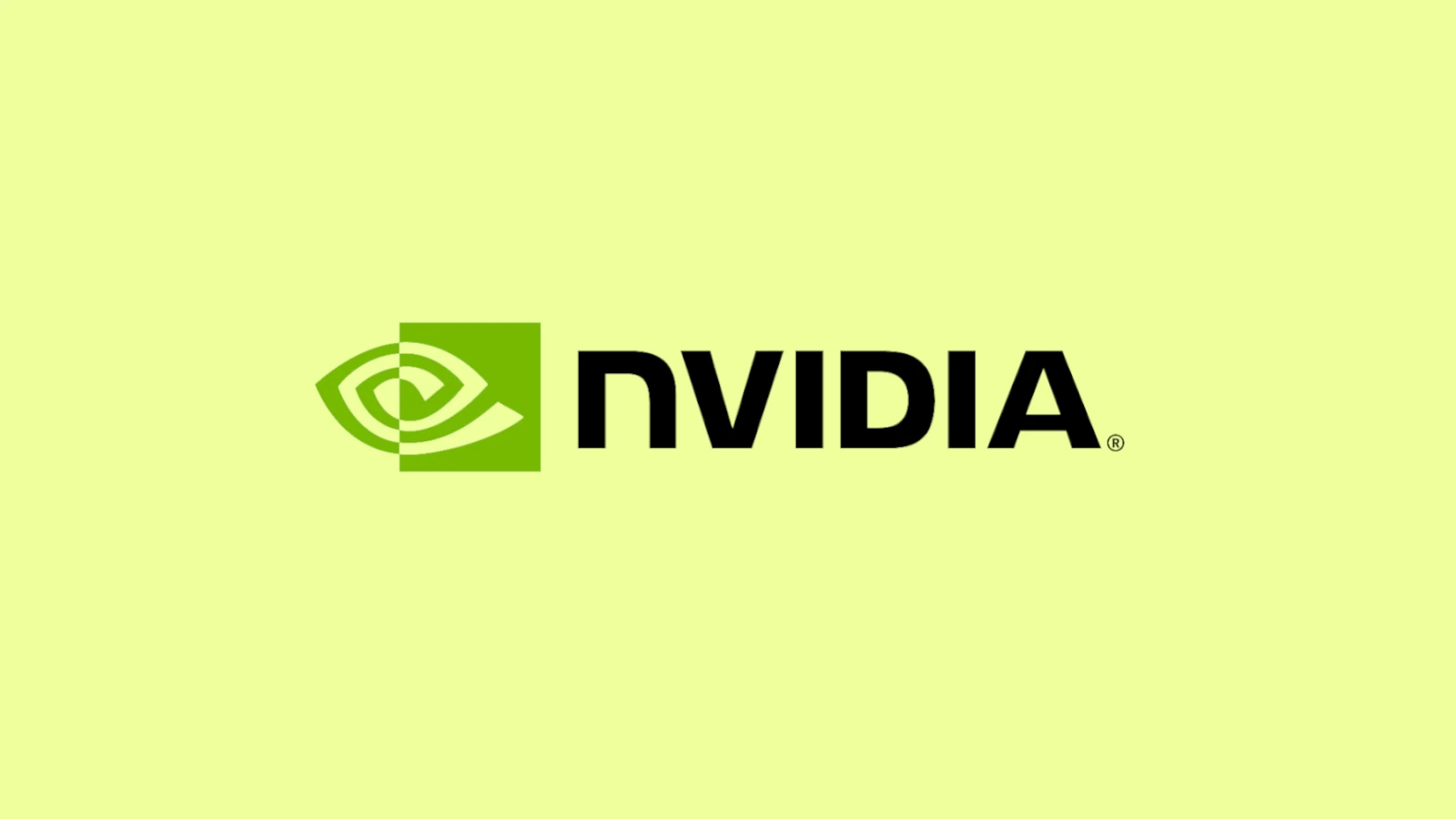Nvidia is facing ongoing legal challenges as the U.S. Supreme Court recently declined to hear an appeal related to allegations of shareholder deception. This development comes alongside a new investigation by Chinese authorities regarding potential anti-monopoly violations against the company. The legal troubles for Nvidia include a lawsuit from investors who claim the company misled them by failing to disclose the extent of its revenue generated from the sale of graphics processing units (GPUs) to cryptocurrency miners.
The lawsuit focuses on whether Nvidia properly revealed the sources of its revenue growth, especially during periods of high demand for cryptocurrency. Investors argue that Nvidia attributed its growth solely to the gaming sector, while a significant portion actually stemmed from crypto mining activities. This article explores the details of the lawsuit, the arguments presented by both parties, and the potential consequences for Nvidia and other companies in markets affected by cryptocurrency.
Nvidia’s Legal Challenges
The Supreme Court Decision
The Supreme Court recently declined to hear Nvidia’s appeal in a case about cryptocurrency mining disclosures. This means a lower court ruling will stand. This ruling says investors can sue Nvidia for not telling them about how much of its revenue came from selling chips to cryptocurrency miners.
What the Lawsuit Claims
Investors claim Nvidia hid how much money it made from crypto miners buying its graphics cards. They say Nvidia said the growth in gaming revenue was due to gamers buying the cards. The investors believe this was misleading because a large part of the demand came from crypto mining.
Why This Matters for Nvidia
This legal battle could have big effects on Nvidia. If Nvidia loses the lawsuit, it may have to pay a lot of money to investors. It also sets a precedent for other companies. It shows that companies may need to be more open about revenue from volatile markets like cryptocurrency.
Arguments For and Against Nvidia
Some people believe Nvidia should have been more clear about its crypto-related sales. They argue that investors had a right to know where the revenue growth came from. Others say it was hard to tell how much of the demand was from gamers versus miners. They say Nvidia should not be punished for this uncertainty.
| Argument For Investors | Argument For Nvidia |
|---|---|
| Nvidia should have disclosed crypto revenue. | It was hard to track crypto-related sales. |
| Investors were misled about revenue sources. | Nvidia did not intentionally mislead anyone. |
What Happens Next?
The case will now go back to a lower court. There, the lawsuit will proceed. This process can take a long time. A settlement is possible. Nvidia could also win the case. The outcome is uncertain.
The Volatility of the Crypto Market
The cryptocurrency market is known for its price swings. This volatility makes it hard for companies to predict demand for products used in crypto mining. When crypto prices are high, demand for mining equipment goes up. When prices fall, demand drops. This makes it difficult for companies to report revenue accurately. This case highlights the challenges of doing business in markets tied to cryptocurrency.
Short Summary:
- The Supreme Court dismissed Nvidia’s appeal, allowing a 2018 class-action lawsuit to proceed.
- Allegations stem from a significant drop in Nvidia’s stock price following inflation in cryptocurrency revenues that fell short of expectations.
- Nvidia faces mounting regulatory scrutiny from both U.S. and Chinese authorities, jeopardizing its burgeoning reputation in AI.
Nvidia has found itself embroiled in legal entanglements as the U.S. Supreme Court’s recent decision has left a significant lawsuit alive against the tech giant. The court rejected Nvidia’s appeal this Wednesday concerning claims that the company misled shareholders about its sales linked to the volatile cryptocurrency market. This lawsuit traces its origins back to 2018, filed by Swedish investment management firm E. Ohman J:or Fonder AB after large downturns in cryptocurrency profitability impacted Nvidia’s revenues, effectively causing a 28% plummet in its stock price.
The focus now shifts to the Supreme Court’s decision, which was delivered without accompanying explanation. Justices had heard arguments regarding the appeal roughly four weeks prior and concluded that they had overstepped in granting the appeal’s initial consideration, thus upholding a lower court’s ruling that permits the lawsuit to advance. Notably, the dismissal occurs in parallel with revelations that China is investigating Nvidia for potential violations of its anti-monopoly laws, casting a shadow over the company’s operations internationally.
“This lawsuit underscores Nvidia’s struggle with transparency regarding its financial operations, particularly in the context of cryptocurrency,” stated corporate law expert Jack Mulligan.
The lawsuit alleges that Nvidia executives minimized the role of cryptomining in their revenue when reporting earnings for the years 2017 and 2018. Investors assert that Nvidia’s dependence on cryptocurrency-related sales was grossly underestimated, especially at a time when the company’s chips gained unprecedented popularity for mining activities. However, as cryptocurrency markets faltered, so did Nvidia’s revenue forecasts, raising question marks about the reliability of the company’s prior statements.
The case is particularly noteworthy as it appears in conjunction with other high-profile legal battles involving major tech entities. For instance, the Supreme Court also rejected an appeal from Meta, Facebook’s parent company, related to a massive investor lawsuit tied to the Cambridge Analytica privacy scandal. This context illustrates a tightening scrutiny surrounding the tech sector and its corporate governance practices.
In an effort to quash the lawsuit, Nvidia invoked the Private Securities Litigation Reform Act of 1995, which is designed to protect companies from frivolous lawsuits. However, a district court initially sided with Nvidia, only for the federal appeals court in San Francisco to disagree, allowing the lawsuit to go forward. The Biden administration has sided with the investors, further complicating Nvidia’s legal landscape.
“Nvidia failed to disclose critical information regarding its business model, which has significant implications for investor protection,” commented former SEC official Ellen Reid.
Adding to the stakes, Nvidia’s legal woes are compounded by its recent settlement with the U.S. Securities and Exchange Commission (SEC), where the company agreed to pay a $5.5 million fine for allegedly not adequately reporting its revenues generated from cryptomining as a key source of growth for its graphics processing units. It is essential to note, however, that Nvidia did not admit to any wrongdoing in that settlement.
Despite the grim backdrop of legal and regulatory investigations, Nvidia has experienced substantial financial success, especially within the booming artificial intelligence (AI) segment of the tech market. This year alone, Nvidia’s stock has seen an increase of approximately 180%, a testament to the flourishing demand for its chips that power AI systems. The company’s substantial revenue returns raise questions about how the ongoing lawsuits and investigations might affect its future financial stability.
“We’ve witnessed a meteoric rise in Nvidia thanks to its strategic positioning in the AI landscape, but the legal challenges can significantly impact investor sentiment,” shared analyst Sarah Liu.
As of now, approximately 16% of Nvidia’s revenue is derived from the Chinese market, the company’s second-largest after the United States. Thus, the recent news regarding an investigation by Chinese authorities for alleged anti-competitive practices has sent ripples through investor confidence, leading to a slight decline in Nvidia’s shares—down 2.6% on the day of announcement but still retaining a remarkable annual increase.
The dual challenge acting upon Nvidia’s operations—legal scrutiny in the U.S. combined with potential regulatory issues in China—brings to light the intricate and often volatile relationships within the global tech ecosystem. While Nvidia stands firm on its position, asserting that the claims made against it are unfounded and speculative, the developments portend a tension between regulatory expectations and technological innovation, particularly in a rapidly evolving field like cryptocurrency.
It remains to be seen how the legal proceedings will unfold or whether Nvidia’s robust performance can weather the storm of scrutiny. Should the lawsuit prevail, it may compel other companies to revisit their disclosure practices and risk management strategies as they navigate the uncharted waters of cryptocurrency and AI.
This case illustrates not just the individual fortunes at stake for Nvidia, but also highlights the broader implications for transparency and responsibility in the high-tech and financial sectors. As the Supreme Court’s decisions ripple through the digital economy, they will continue to reshape the landscape of corporate accountability.
What’s Next for Nvidia?
Nvidia’s future is uncertain, largely due to the ongoing class-action lawsuit and the future of Ai. A successful suit could lead to more regulation for tech companies, especially those involved with crypto. Conversely, a win for Nvidia could strengthen existing legal protections and discourage similar lawsuits. Investors are watching closely, as the outcome will impact stock prices and corporate governance across the tech sector.
This case highlights the ongoing tension between fostering innovation and protecting investors, a debate that will likely push the industry towards greater transparency and accountability.







